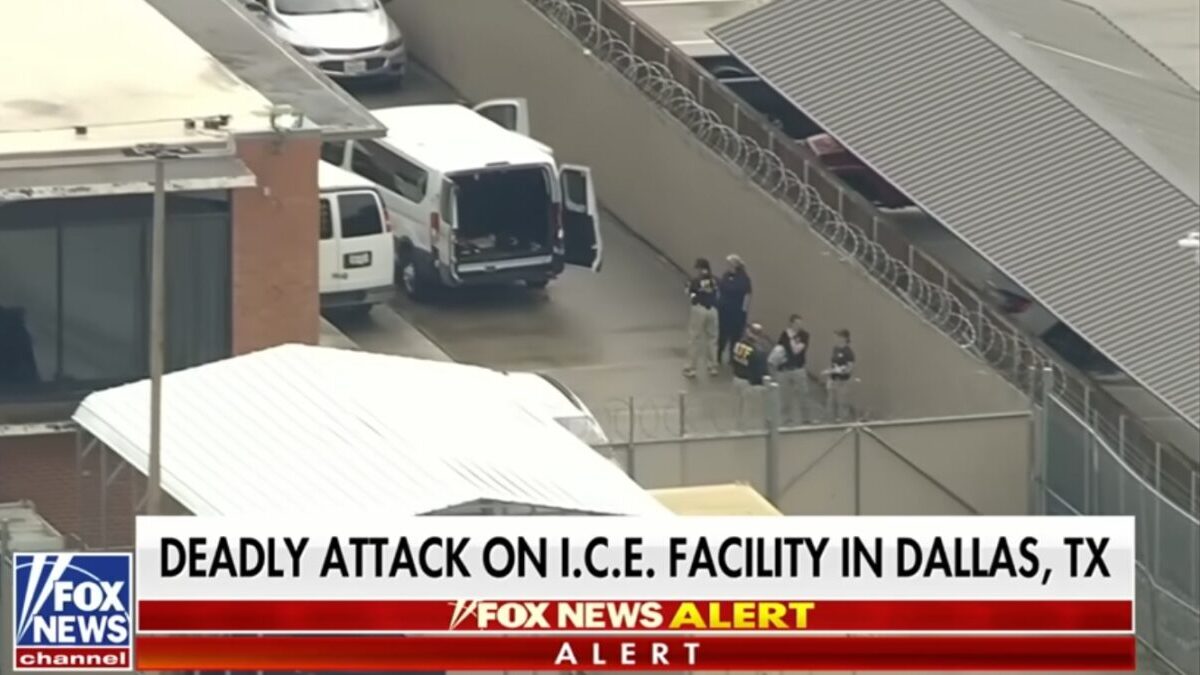The recent assassination of conservative activist Charlie Kirk and the shooting at a Dallas Immigration and Customs Enforcement office have raised concerns about the normalization of political violence in the United States. Observers note that what was once considered fringe leftist behavior is now seen as a mainstream force.
Explainer Charlie Kirk Overview
The response to Kirk's murder has highlighted a troubling trend. Rather than condemning the violence, some voices on social media and in parts of the press have sought to rationalize it. Popular streamer Destiny suggested that conservatives provoke such attacks and should fear for their safety at public events.
Matthew Dowd, a former MSNBC analyst, commented on the situation, stating, "Hateful thoughts lead to hateful words, which then lead to hateful actions. You can’t stop with these sort of awful thoughts you have, saying these awful words, and then not expect awful actions to take place."
This shift in perception is reflected in survey data showing that a growing number of Americans, particularly younger generations, view violence as an acceptable political tool. While 80 percent of respondents in a national survey said violence is never acceptable, 20 percent indicated it could be justified in certain circumstances. Notably, the acceptance of political violence is higher among younger demographics, with only 58 percent of Generation Z rejecting it outright.
The Foundation for Individual Rights and Expression’s 2026 College Free Speech Rankings revealed that over one-third of students believe using violence to disrupt a speech is acceptable. Kirk himself had warned of a growing culture of violence on the left, citing a study that found significant percentages of respondents justifying violence against public figures like Elon Musk and Donald Trump.
The rhetoric surrounding political discourse has also contributed to this climate. Critics argue that inflammatory language from academia and media has dehumanized political opponents, branding them as threats to democracy. This framing has been linked to increased violence against conservatives and other groups.
Some left-leaning figures, including Rep. Ilhan Omar, have attributed a majority of political violence to right-wing extremists. However, critics contend that the metrics used to define political violence are subjective and often biased. For instance, incidents categorized as right-wing violence may lack political motives, while left-wing violence is sometimes overlooked.
A recent study by the Center for Strategic and International Studies challenges the prevailing narrative, indicating that left-wing terrorism has increased since 2016 and that left-wing attacks outnumbered right-wing incidents in 2025. This data suggests a need for a more nuanced understanding of political violence in America.
The Democratic Party's control over institutions that shape public discourse raises questions about accountability for the normalization of violence against conservatives. As political rhetoric continues to escalate, the challenge remains whether party leaders will acknowledge their role in fostering a culture that justifies violence.
Adam Johnston is a contributor to The Federalist, where he writes about politics, history, and technology.
Why it matters
- The assassination of Charlie Kirk highlights rising political violence normalization in the U.S., raising alarms about societal acceptance of such acts.
- Survey data reveals a troubling trend, especially among younger generations, with a significant portion justifying political violence under certain circumstances.
- The rhetoric in media and academia is dehumanizing political opponents, contributing to a climate where violence is increasingly seen as acceptable.
- Debates over the definitions of political violence reveal biases, complicating the narrative around right-wing and left-wing extremism.
What’s next
- Calls for a national dialogue on political violence and its implications are expected from various advocacy groups.
- Upcoming congressional hearings may address the rise of political violence and accountability in public discourse.
- Surveys on public attitudes toward political violence will be conducted to gauge shifts in perception over time.
